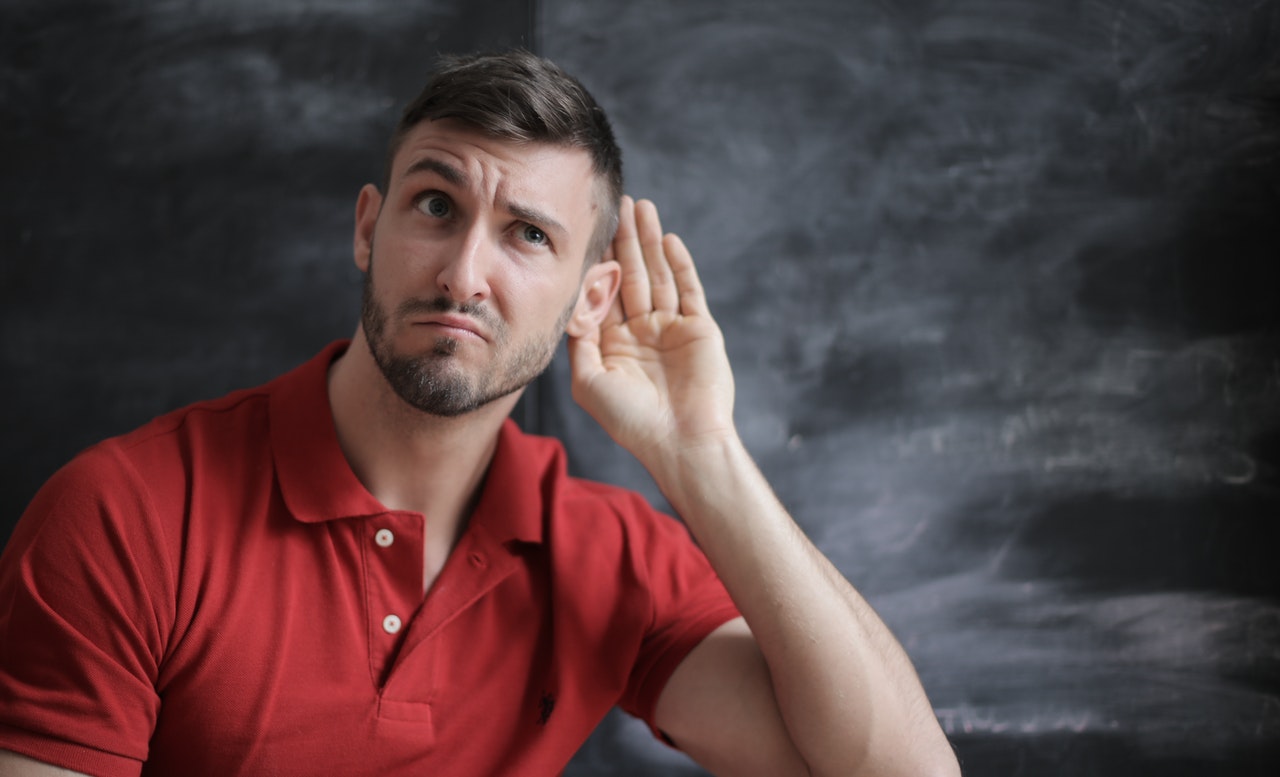Improving Hearing Loss: Techniques that Work
Are you having difficulties hearing the television? Do people need to raise their voices for you to understand what they are saying? Well, you are not alone. Based on statistics from the National Institute of Deafness and Other Communication Disorders (NIDCD), approximately 15% of Americans, about 37.5 million individuals aged over 18 have hearing issues.
Losing your hearing capability can be quite traumatizing. If you have been diagnosed with hearing loss, it is understandable to question if it’s possible to reverse your condition.
While there have been massive improvements in the field of audiology, especially when it comes to hearing aid technology, there are still a few simple things you can do to improve your hearing.
Types of Hearing Loss
Are you worried that your hearing loss could be worsening? According to audiologists near Northeast Colorado Springs, hearing plays a significant role in our physical and emotional well-being. It is also vital for your overall quality of life. Unfortunately, most people don’t take hearing loss seriously despite research proving it could lead to dementia, anxiety, or depression.
If you have been diagnosed with hearing loss, it’s probably due to the following:
- Sensorineural hearing loss – Is the most common form of hearing loss. It is permanent and customarily caused when there is damage in your auditory nerve.
- Conductive hearing loss occurs when there is damage or blockage to your middle ear, preventing sound from getting into the inner ear.
- Mixed hearing loss – You could lose your hearing due to a combination of conductive and sensorineural hearing loss issues. For instance, if you are experiencing hearing loss due to wax impaction.
The following are ways individuals with hearing loss can improve their conditions before it’s too late.
Improving sensorineural hearing loss
Unfortunately, Sensorineural hearing loss is permanent and can not be reversed. However, depending on the damage, it can be treated using hearing aids such as cochlear implants. This implant works by bypassing the injured area of the ear, getting into contact with the auditory nerves, improving an individual’s hearing.
Improving conductive hearing loss
Depending on an individual’s conductive hearing loss issues, this condition can have a 100% reversal success. Conductive hearing loss issues can be improved by blockage removal (removing foreign objects), or treating infections using antibiotics.
Improving mixed hearing loss
Depending on an individual’s condition, the physician can recommend treating either conductive or sensorineural hearing loss issues or both.
Adopt an active lifestyle
The sole function of your ear is to detect sound. Your brain is what does all the legwork of interpretation. Therefore, it’s essential to get involved in exercises that boost your brain’s hearing comprehension skills. Individuals should occasionally take walks in areas with little human-made noise like a forest or beach. Make sure to take note of the surrounding, writing down everything they can hear. Doing this will help in making them more attuned to ambient noise.
Visit an Audiologist
According to expert audiologists in Colorado Springs, even though some hearing loss conditions can not be reversed, preventing it from getting worse could significantly improve an individual’s quality of life. Early detection is critical, meaning it’s essential to visit an audiologist to have your ears checked annually.
Bottom line
All three types of hearing loss can be improved if individuals act fast. The first step involves visiting a doctor. Based on your doctor’s assessment, they will recommend seeing a specialist who is more conversant with their issues.



One thought on “Improving Hearing Loss: Techniques that Work”